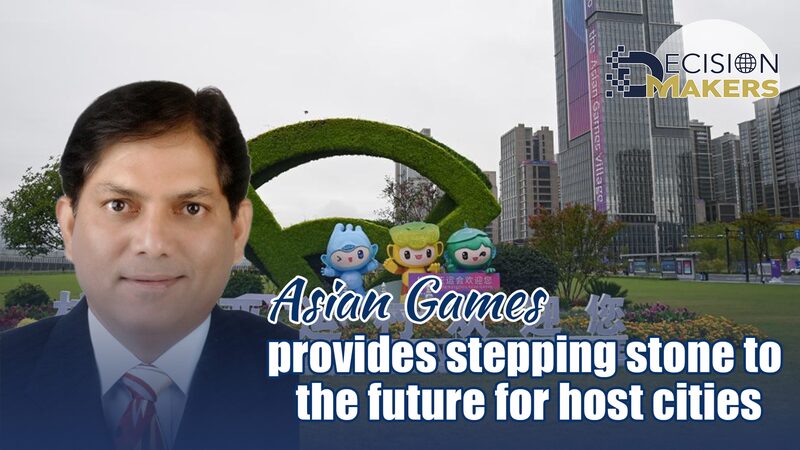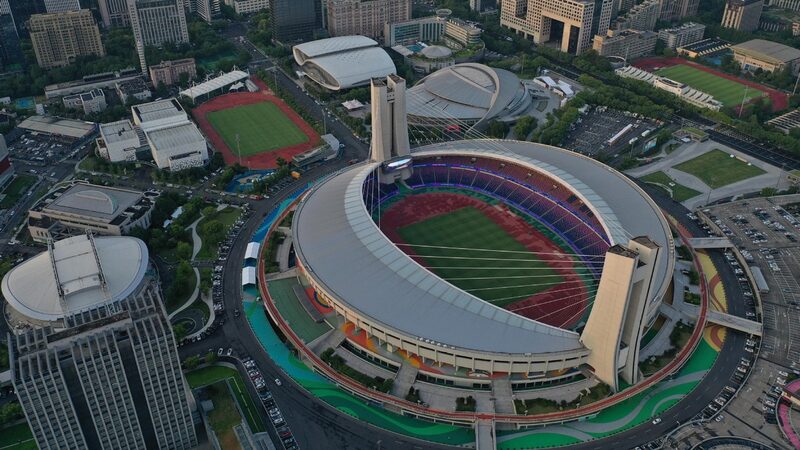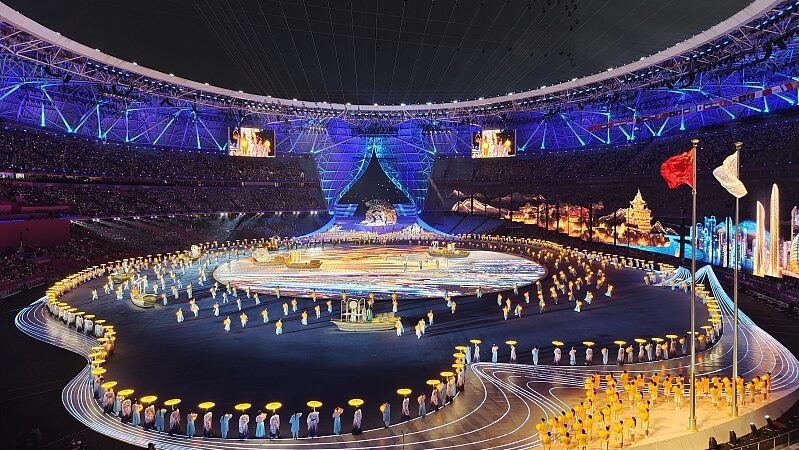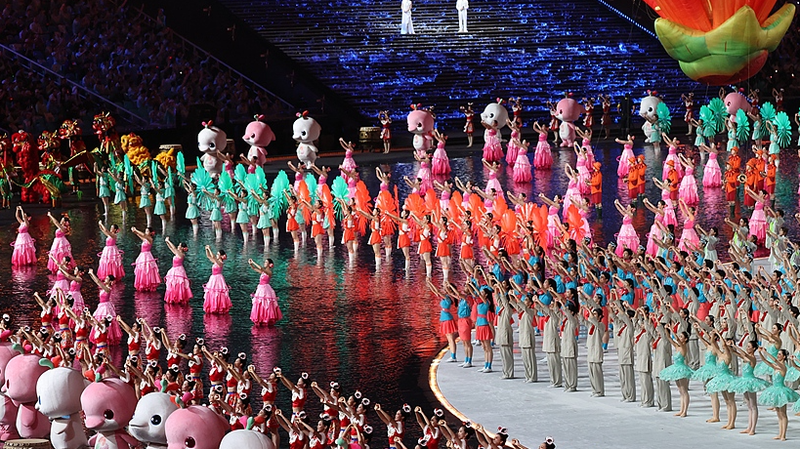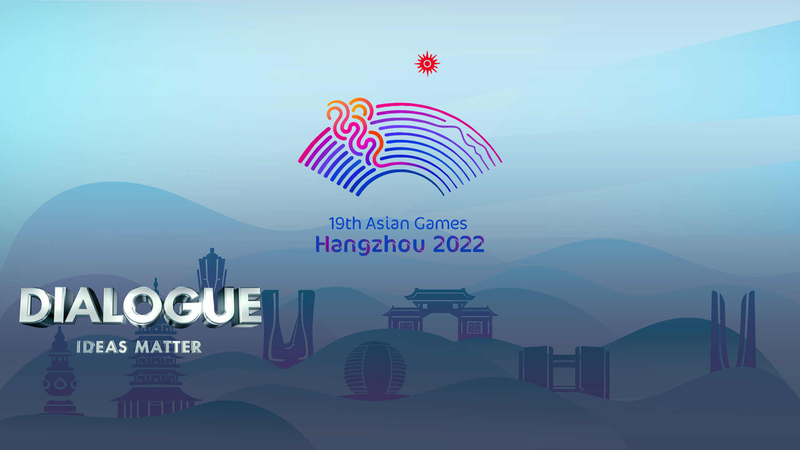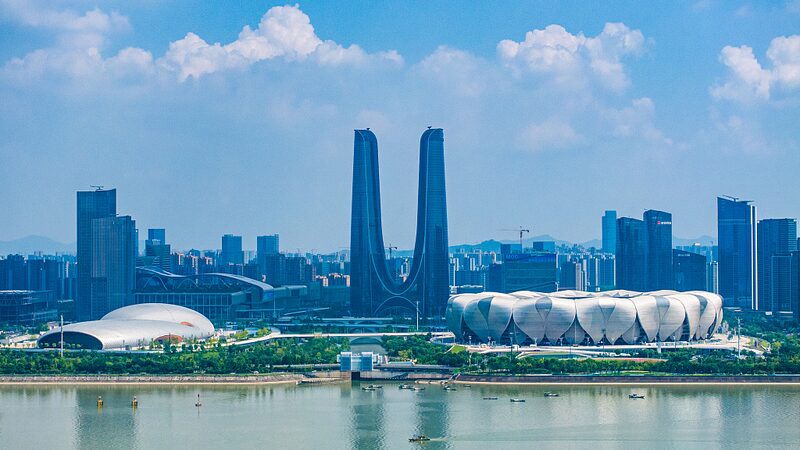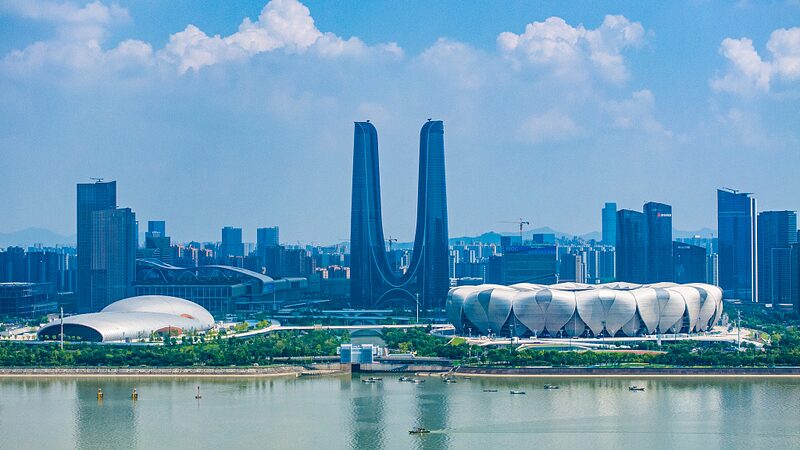The 19th Asian Games in Hangzhou, China, commencing on September 23, 2023, marks a significant milestone not only for the city but for the entire continent. With over 12,000 athletes from 45 National Olympic Committees competing in 40 sports, this edition sets a new record, surpassing the previous one held in Jakarta and Palembang in 2018.
Hangzhou, known for its picturesque landscapes and rich cultural heritage, is poised to leverage the Asian Games as a platform for global recognition. The city’s modern infrastructure, including state-of-the-art competition venues and the Asian Games Village, showcases its readiness to host large-scale international events.
“The Asian Games provide a window to the world for Hangzhou,” says Vinod Kumar Tiwari, Acting Director General of the Olympic Council of Asia (OCA). “We believe Hangzhou will step onto the world stage, much like Seoul and Doha did after hosting the Games.”
Historically, the Asian Games have been a catalyst for host cities’ development and international standing. Seoul’s hosting in 1986 paved the way for the Olympic Games in 1988, propelling the Republic of Korea into a new era of economic growth. Similarly, Doha’s hosting in 2006 positioned Qatar as a major player in global sports, culminating in the FIFA World Cup last year.
Hangzhou’s meticulous urban planning, blending green spaces with modern architecture, reflects a commitment to sustainable development. The Asian Games have accelerated infrastructural projects, enhancing the city’s appeal to investors, tourists, and global audiences.
The future of the Asian Games is promising, with upcoming editions scheduled in Aichi-Nagoya, Japan (2026), Doha, Qatar (2030), and Riyadh, Saudi Arabia (2034). This continuity underscores the event’s significance in fostering unity and cooperation across Asia.
As the Games kick off, all eyes are on Hangzhou. The success of this event is expected to leave a lasting legacy, positioning the city as a prominent destination in Asia and beyond. The Asian Games not only celebrate athletic excellence but also promote cultural exchange and mutual understanding among diverse nations.
“The Asian Games Village guarantees that everyone is welcome and everyone is the same,” Tiwari emphasizes. “In this way, we feel that the Asian Games can contribute to peace and harmony in the future by preaching respect and tolerance.”
The Hangzhou Asian Games are more than a sporting event; they are a stepping stone to a brighter future for the city and a testament to Asia’s dynamic role in global affairs.
Reference(s):
Asian Games provides stepping stone to the future for host cities
cgtn.com
